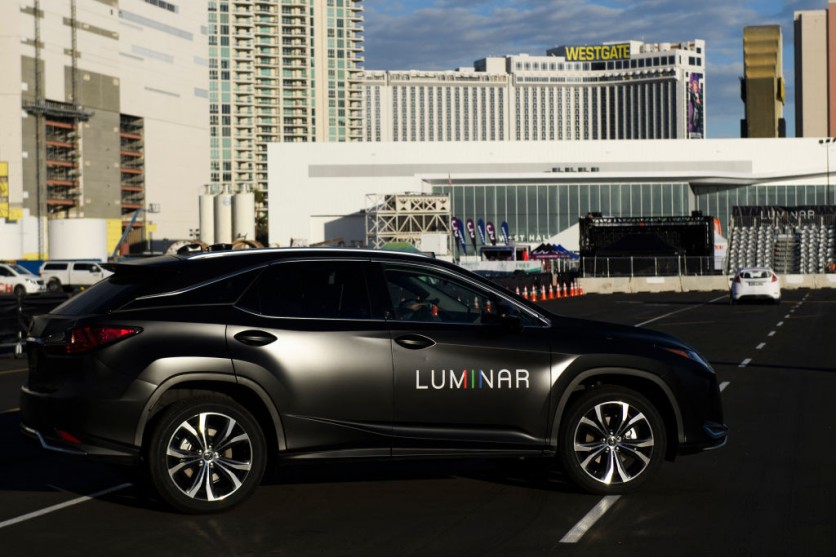Luminar Technologies, a leading lidar sensor maker, plans to cut 20% of its workers as part of a reorganization strategy for the current year.
Luminar's restructuring includes sub-leasing facilities to reduce the company's global presence. Per December data, the company employed approximately 800 full-time employees in the U.S., Germany, Sweden, India, and China.
According to Reuters, Luminar is being reorganized to become "asset-light" and increase output. Effective immediately, it will cut 20% of its employment, affecting 140 people. It is also cutting links with "the majority" of its contract workers.
Luminar's Strategy Shift Aims to Boost Profitability
Luminar founder and CEO Austin Russell wrote on the company's website about market perceptions and the necessity of adapting the business strategy, as reported by TechCrunch. He stated that the restructuring will help Luminar produce products faster, lower expenses, and increase profitability. Operating expenses are estimated to drop by $50 million to $65 million a year due to the sub-leasing of buildings and global footprint modifications.
Milin Mehta, Luminar's spokesperson, noted the firm's Florida facility will continue development, testing, and R&D despite these changes.
Russell's letter also revealed plans to deepen its partnership with Taiwanese contract maker TPK Holding, which has committed to an exclusive connection with Luminar.
In April, Luminar revealed that it is completing lidar sensor orders as Volvo prepares to produce its EX90 electric vehicles. Volvo is the "first global consumer vehicle to standardize this technology," according to to the firm.

Luminar LiDAR based Proactive Safety pre-collision braking crash avoidance technology on a test vehicle at the Las Vegas Convention Center ahead of the Consumer Electronics Show (CES) on January 4, 2022 in Las Vegas, Nevada.
Innovating Lidar Technology
During a "Luminar Day" webcast, the tech company revealed its next-generation "Halo" lidar sensor. This new sensor costs half as much as its present technology, making it suitable for mass deployment in cheaper automobiles, as per a report from The Verge.
Luminar's $4 billion order book includes Volvo's lidar sensor order, a milestone. Volvo announced that the delay in EX90 manufacturing until early 2024 is due to "software testing and development," not Luminar's sensors.
Lidar technology, which sits atop cars like visors, uses lasers to create a 3D world. The new Halo sensor reduces the visual effect of "Iris" sensors on partner vehicles like the EX90 and new Mercedes-Benz racing cars. It weighs about one kilogram, adds less than an inch to car roofs, and uses roughly 10 watts.
Four next-generation Luminar Semiconductor Inc. chips in the Halo sensor promise four-fold performance increases, three-fold size reduction, and twofold thermal efficiency over Iris. To avoid concerns about 905nm performance and power consumption, Luminar used 1550nm lidars.
Along with technological improvements, Luminar tests and validates its lidar technology for safety. The business tested lidar with Swiss Re and found a 27% accident reduction and a 40% severity reduction compared to top-performing vehicles using camera and radar-based systems.
Luminar has teamed up with physics simulator software startup Applied Institution to virtualize lidar data testing and validation to reduce validation costs.

![Apple Watch Series 10 [GPS 42mm]](https://d.techtimes.com/en/full/453899/apple-watch-series-10-gps-42mm.jpg?w=184&h=103&f=9fb3c2ea2db928c663d1d2eadbcb3e52)



